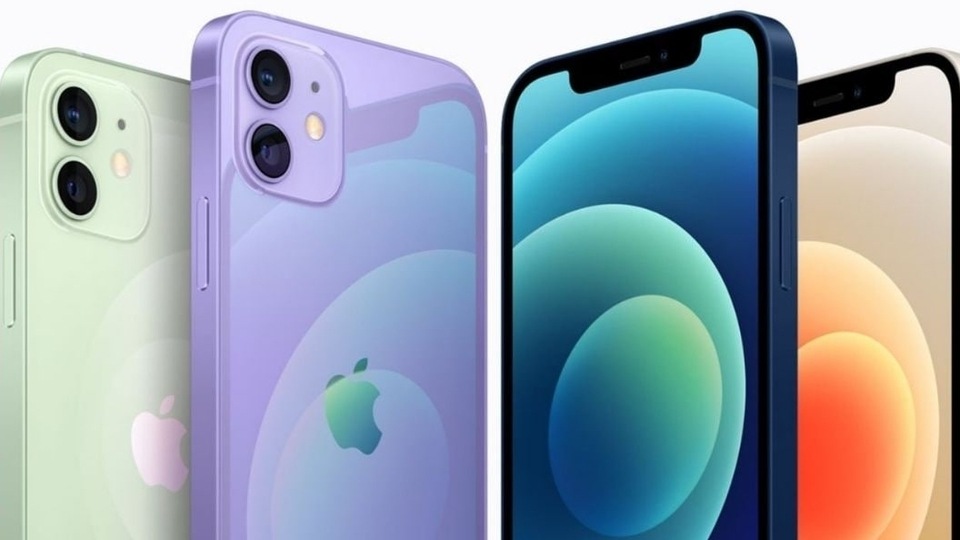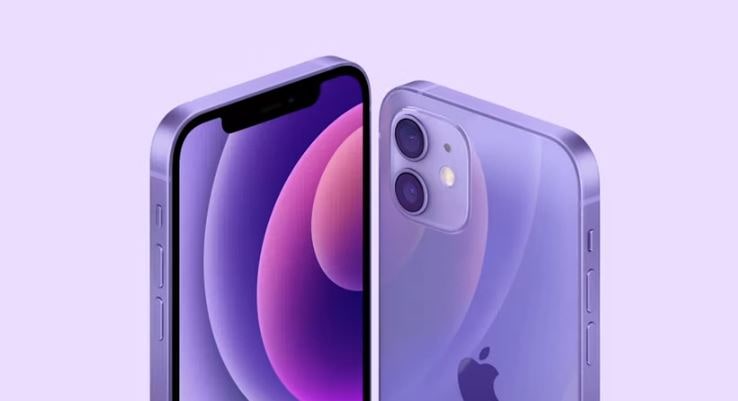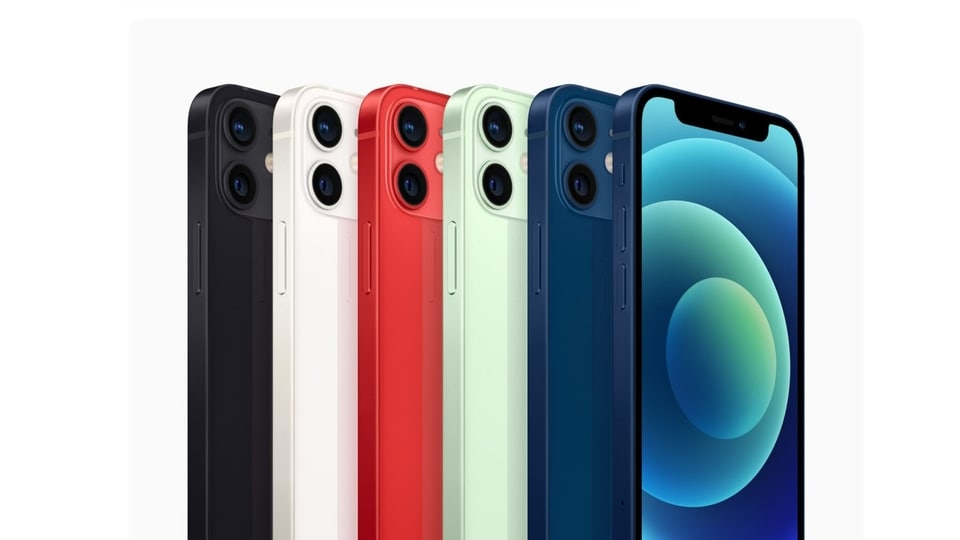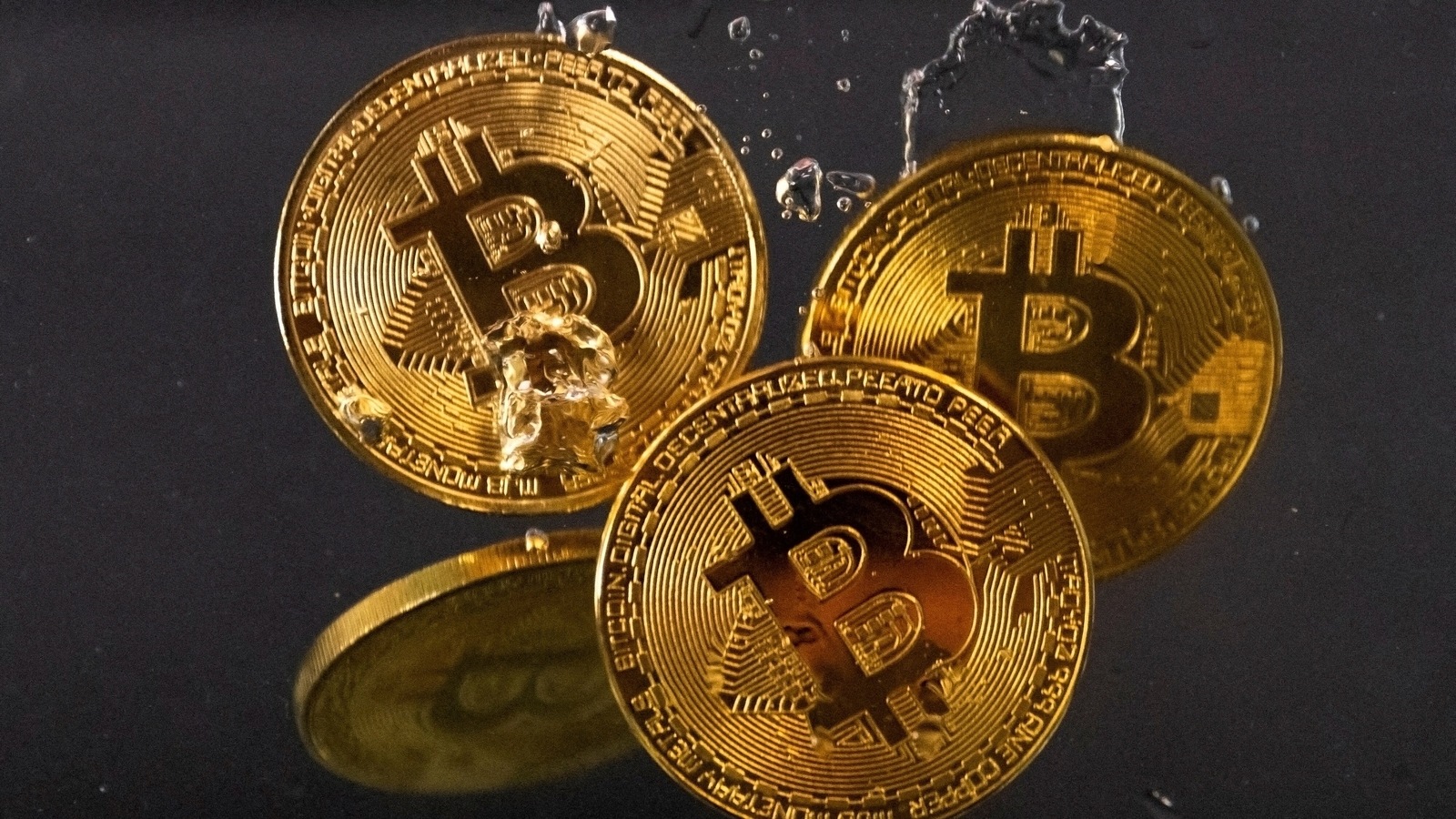Spot Bitcoin ETFs Are Coming. Beware the Risk
Crypto cheerleader Mike Novogratz urged investors to run the numbers on the digital currency to prove its attractiveness. They don’t back him up.


_1646715736886.jpg)
_1646715672211.jpg)


 View all Images
View all ImagesLast month, BlackRock Inc., the world's biggest money manager, asked the Securities and Exchange Commission to approve a spot Bitcoin exchange-traded fund — a fund that would invest in the digital currency directly rather than through futures markets. BlackRock joins tens of other smaller ETF providers with the same request, so far without success. But with BlackRock's heft behind growing demands for a spot Bitcoin fund, it's only a matter of time before the SEC relents.
And it should. A spot ETF would allow investors to buy, sell and hold Bitcoin more easily, cheaply and securely than they can today. In a crypto industry awash with scams, regulatory oversight would also give investors and money managers confidence that they're buying a bona fide financial product, particularly if it has BlackRock's name on it.
When available, spot Bitcoin ETFs will become a fixture in many portfolios, and deservedly or not, the conversation will be less about whether Bitcoin is a fraud and more about its merit relative to traditional investments such as stocks and bonds. Crypto cheerleader and founder of Galaxy Digital Holdings Ltd., Mike Novogratz, gave investors a preview of that conversation recently, asserting that Bitcoin has produced a higher Sharpe Ratio — a popular measure of risk-adjusted return — than any other investment over the past three years and inviting others to run the numbers for themselves.
So I did. The first thing that pops out, of course, is Bitcoin's incredible growth, owing mostly to the fact that investors had access early in its life cycle. Unlike stocks, which are offered to the public well after companies' founding and early growth, anyone could have bought Bitcoin from the start, or close to it. Those who did and hung onto their coins pocketed an unheard-of return of 176% a year since July 2010, which is as far back as the record I'm using goes.
After accounting for risk, though, Bitcoin doesn't seem so exceptional. The Sharpe Ratio that Novogratz refers to compares an investment's excess return over cash with its volatility, a higher ratio indicating a better risk-return trade-off. While Bitcoin has far outpaced the S&P 500 Index, for example, it has also been 13 times more volatile, as measured by annualized standard deviation, so its Sharpe Ratio isn't much better. Bitcoin has generated a ratio of 0.92 since 2010, barely higher than the S&P 500's ratio of 0.89.
The Sharpe Ratio recognizes that volatility is just as important as return because the higher the volatility of an investment, the less likely it is that investors will hang around to capture the return. Nowhere is that truer than with Bitcoin. Indeed, Bitcoin's record since inception is largely irrelevant because few people bought it in 2010 and held it ever since; investors have more commonly dipped in and out along the way. Bitcoin's long-term record is no more useful to day-one investors because its pace of growth has slowed over time and will continue to as it matures.
The better question, then, as Novogratz suggests, is how Bitcoin has performed over shorter rolling periods after accounting for risk. Starting with the most recent three years, Bitcoin produced a Sharpe Ratio of 0.63 through June, well below the S&P 500's ratio of 0.8 and matching the ratio of the MSCI ACWI Investable Market Index, a global stock index that includes large and small companies. So, for starters, Bitcoin has not produced the best Sharpe Ratio during the past three years, not now nor when Novogratz said otherwise.
Bitcoin's full record is no more impressive. It has a median Sharpe Ratio of 0.94 for all three-year periods, which is less than the S&P 500's and comparable to that of the Bloomberg US Aggregate Bond Index. Bitcoin's median Sharpe Ratio is higher than that of the global stock index, although the period since Bitcoin debuted has been unusually disappointing for non-US stocks. Longer term, foreign stocks should produce a Sharpe Ratio comparable to that of US stocks.
There's also more variability in Bitcoin's results, which means investors have had wildly different outcomes depending on when they invested. Bitcoin's rolling three-year Sharpe Ratios are three times more volatile than those of stocks and nearly twice as volatile as bonds. Its Sharpe Ratio has beaten the S&P 500 only about 40% of the time over rolling three years. It has a better record against bonds and non-US stocks so far but still loses much of the time. So how Bitcoin fares relative to other investments is a gamble all its own.
Bitcoin also carries risk that the Sharpe Ratio isn't designed to detect. The ratio is most often used to size up diversified baskets of stocks, bonds and other assets, where the risk is market volatility, not permanent loss. But Bitcoin is a single cryptocurrency, and like any individual stock or bond, it can get wiped out no matter how sturdy it might seem. The same can't be said for broad market indexes, which makes Bitcoin riskier at any Sharpe Ratio.
As spot Bitcoin ETFs near, there will be more said about Bitcoin's merit relative to other investments. There's no better way to test these claims than to look at the numbers, and when you do, don't be surprised to find that much of what is said just isn't so.
Catch all the Latest Tech News, Mobile News, Laptop News, Gaming news, Wearables News , How To News, also keep up with us on Whatsapp channel,Twitter, Facebook, Google News, and Instagram. For our latest videos, subscribe to our YouTube channel.






























